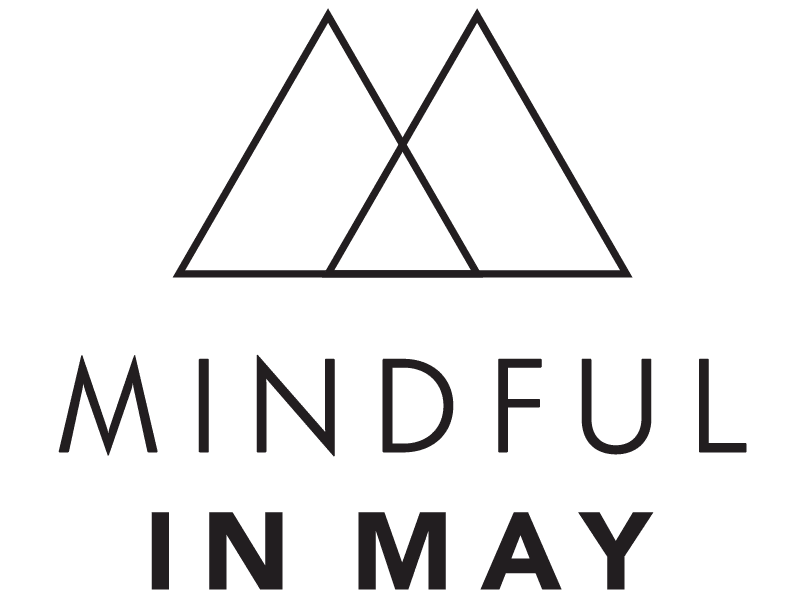Day Twenty
DAY 20: Dr Elise Bialylew interviews Mal Huxter
You’ll learn:
- How mindfulness can help manage craving and addiction
- What is the Eightfold Noble Path and how it can guide you towards greater flourishing.
- A revolutionary way of understanding thoughts that will transform your life.
- How mindfulness can help with anxiety, low mood, and stress.
- A key understanding that will transform your life and support true happiness.
Prefer to listen, rather than watch? Click the play button below.
[accessally_missing_any_tag tag_id='895' comment='MLP22']Want to read the transcript from this interview? Mind Life Project members receive access to interview transcripts and 6 months of mindfulness support, live meditations, and more👇[/accessally_missing_any_tag][accessally_has_any_tag tag_id='895' comment='MLP22']Mind Life Project Bonus Content:
Click here to download the transcript of Dr Elise Bialylew's interview with Malcolm Huxter.[/accessally_has_any_tag]
Your Meditation for today
UNCERtainty Meditation by lori Schwanbeck (20 min)
A Meditation for Children
Peaceful Place with Susan Kaiser Greenland
Susan Kaiser Greenland is an internationally recognized leader in teaching mindfulness and meditation to children, teens, and families. She played a foundational role in making mindfulness practices developmentally appropriate for young people and helped to pioneer activity-based mindfulness with her first book The Mindful Child. Her second book, Mindful Games, offers simple explanations of complex concepts, methods, and themes while expanding upon her work developing activity-based mindfulness games. In addition, Susan has recorded a series of brief guided meditations for grownups entitled Mindful Parent, Mindful Child.
Bonus: This meditation is available for you to download and keep.
Managing A common OBstacle: AGitation
WHAT DO YOU DO WHEN YOU FEEL TOO AGITATED OR WIRED TO MEDITATE?
Often, when we don't feel like meditating, it's because there is an underlying restlessness or agitation and we don't want to be still. Here are a few suggestions for managing this challenge.
1. When we are really agitated, sometimes meditation might not be what's called for.
It's good to take a mindful pause and ask yourself, "what do I need right now to support me?" It may be that going to the gym or going for a run or walk is a better way to release that agitated energy. While you move, you can practise mindfulness by anchoring your attention to the physical senses or sounds around you. Then meditate at a different time (possibly after you've released some of that energy).
2. When agitation is present, try just doing a shorter meditation.
What usually happens is that, after a few minutes, you're reminded that it actually feels good to meditate and you may feel naturally pulled to meditate longer (or not). Either way, setting a smaller amount of time helps you get past the initial barrier.
Share your biggest takeaway and reflections from today's interview and meditations in the Facebook group or on Instagram.
stay on track
[progressally_objectives]
[progressally_progress_pie_chart size="80"]

 Malcolm Huxter is a clinical psychologist and mindfulness and compassion consultant. He has been practicing mindfulness and related practices such as loving kindness and compassion for 45 years and been teaching it in both clinical and public settings for 30 years. Mal originally learnt these practices from the Buddhist tradition, ordaining as a Buddhist monk in Thailand for 2 years in his early 20’s. A psychologist since 1991, he has worked with hundreds of individuals and groups using mindfulness, compassion, loving kindness and a myriad of other scientifically validated techniques shown to improve wellbeing. He has worked with children and families in child and family health, with adolescents in community mental health and also in inpatient units as well as with adults in community adult mental health. He worked for most of 16 months on Christmas Island in 2012-2013 with asylum seekers in detention centres, where he taught mindful compassion and related practices. Mal has written several mindfulness and kindness-based workbooks, published in psychology journals and magazines and published “Healing the heart and mind with mindfulness. Ancient path, present moment”.
Malcolm Huxter is a clinical psychologist and mindfulness and compassion consultant. He has been practicing mindfulness and related practices such as loving kindness and compassion for 45 years and been teaching it in both clinical and public settings for 30 years. Mal originally learnt these practices from the Buddhist tradition, ordaining as a Buddhist monk in Thailand for 2 years in his early 20’s. A psychologist since 1991, he has worked with hundreds of individuals and groups using mindfulness, compassion, loving kindness and a myriad of other scientifically validated techniques shown to improve wellbeing. He has worked with children and families in child and family health, with adolescents in community mental health and also in inpatient units as well as with adults in community adult mental health. He worked for most of 16 months on Christmas Island in 2012-2013 with asylum seekers in detention centres, where he taught mindful compassion and related practices. Mal has written several mindfulness and kindness-based workbooks, published in psychology journals and magazines and published “Healing the heart and mind with mindfulness. Ancient path, present moment”.




